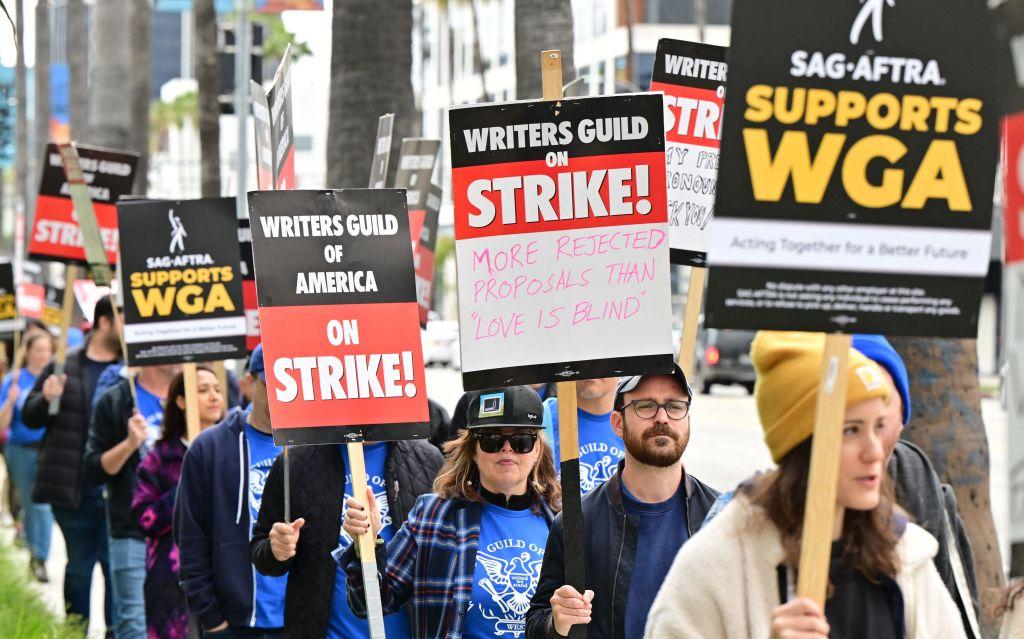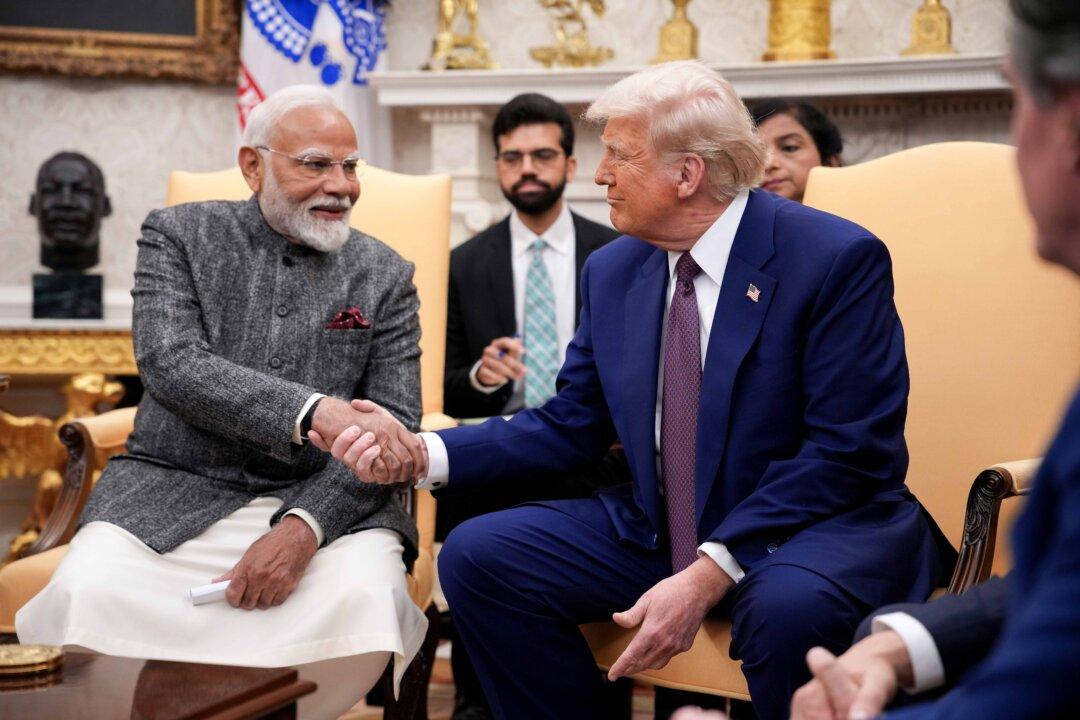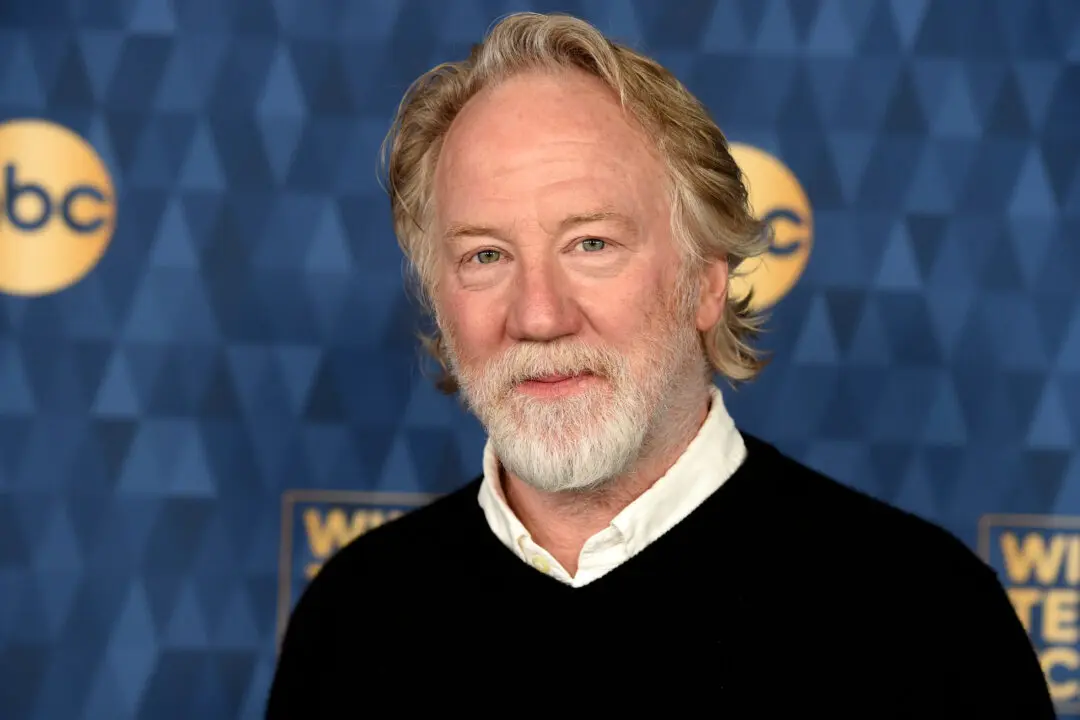BURBANK, Calif.—Hundreds of writers across the Los Angeles area picketed at major entertainment studios again on May 17, calling for better wages and representation as the strike entered its third week—with no end in sight.
The strike began on May 2 after negotiations broke down between the Writers Guild of America (WGA) and the Alliance of Motion Picture and Television Producers, which represents the studios. Pickets have since become a daily sight at various studios owned by Amazon, CBS, The Walt Disney Co., Netflix, Paramount, Sony, Universal Studios, and Warner Bros. in cities including Burbank, Culver City, Hollywood, and Los Angeles.





